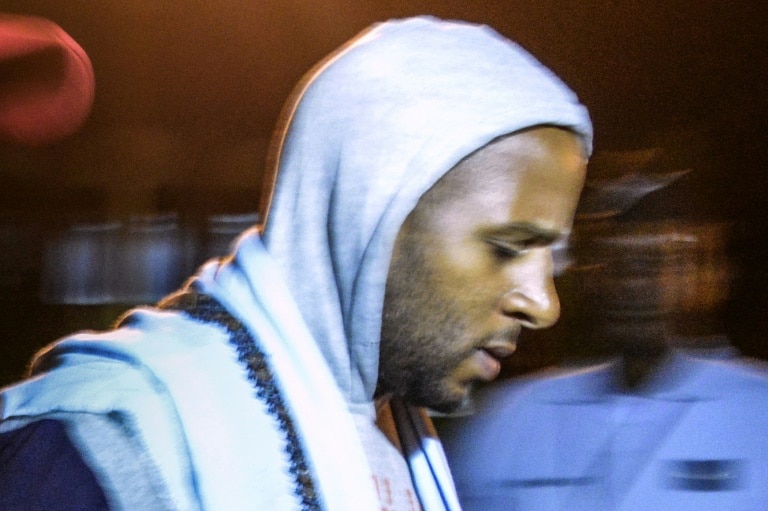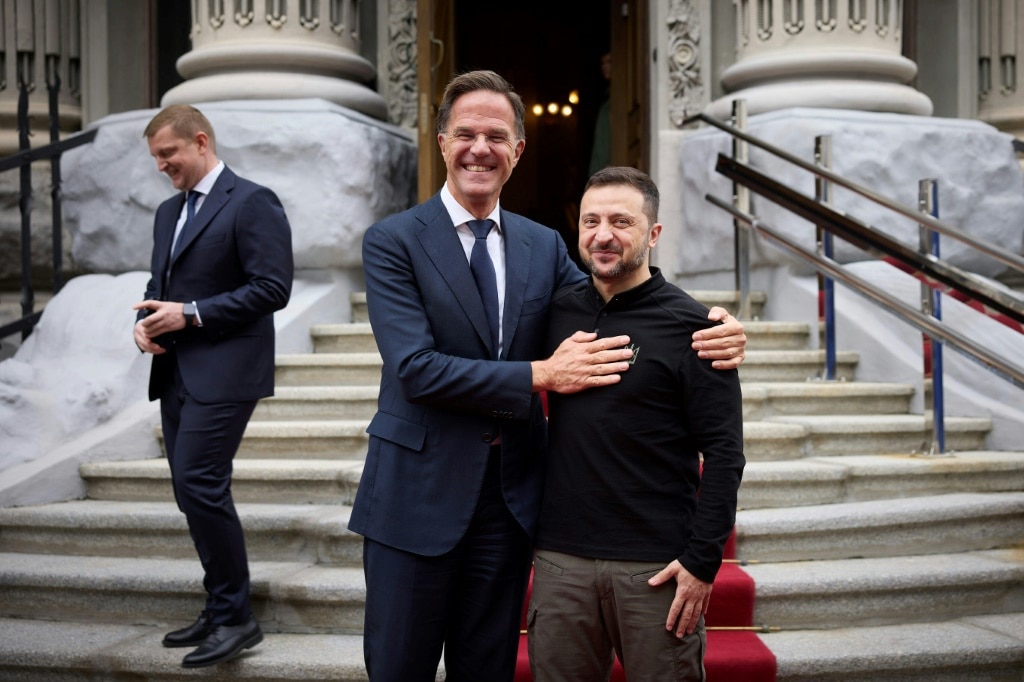Senior Australian military, civilian leaders to front veteran suicide inquest
Australia’s senior-most military and civilian leaders in defence will front the final hearings of an inquest in veteran’s suicide.
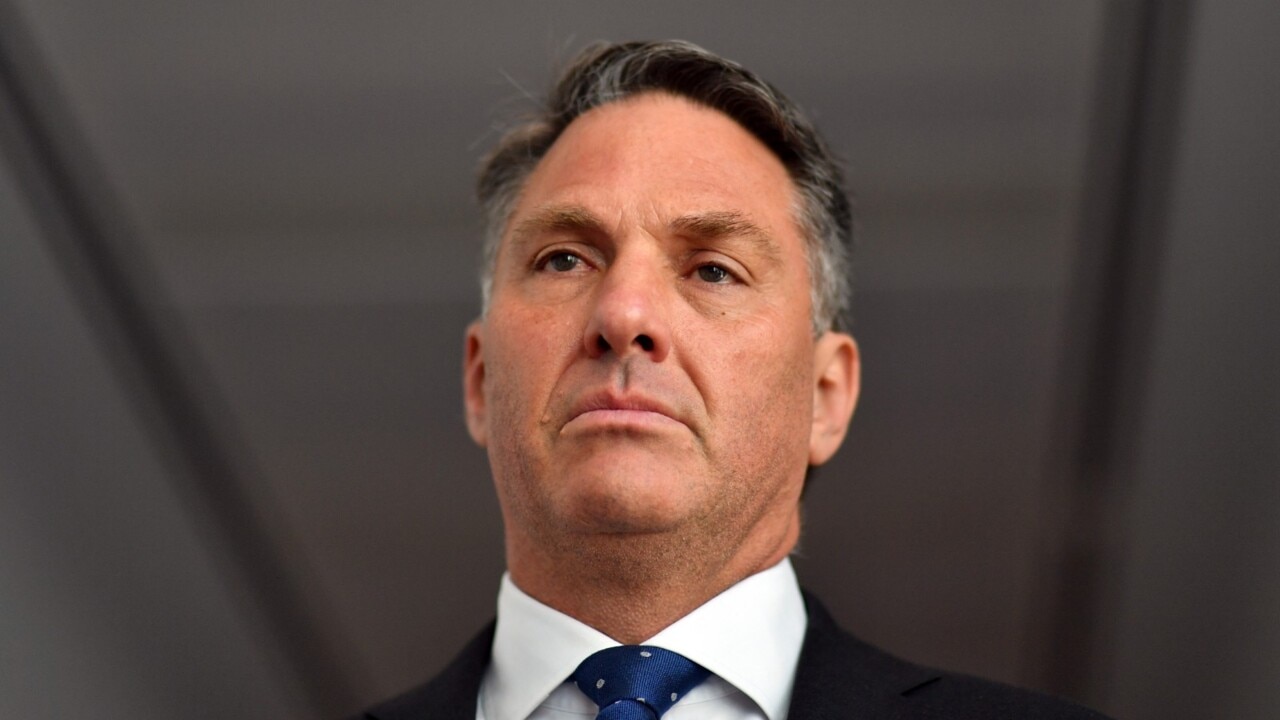
Breaking News
Don't miss out on the headlines from Breaking News. Followed categories will be added to My News.
Senior military leaders including Chief of the Defence Force Angus Campbell and Defence Minister Richard Marles will give evidence at the Royal Commission into Defence and Veteran Suicide as the inquiry enters its final weeks.
The royal commission’s 12th and final block of public hearings kicked off in Sydney on Monday after hearing evidence from a range of public and private sector leaders and veterans from across the country.
In opening the session, royal commission chair Nick Kaldas said the inquest had heard from some 308 witnesses during public hearings, and had received 5889 submissions.
It had held 746 one-on-one sessions, with at least 200 still to go.
Vice Chief of the Australian Defence Force, Vice Admiral David Johnston, was the first of a number of high-ranking military and civilian leaders involved in defence who are expected to give evidence to the inquest over coming weeks.
Asked about evidence from veterans during the inquest, Vice Admiral Johnston said he was “disappointed to hear that my experience and pride in being a member of the ADF is not a shared by all of the people who have served their country”.
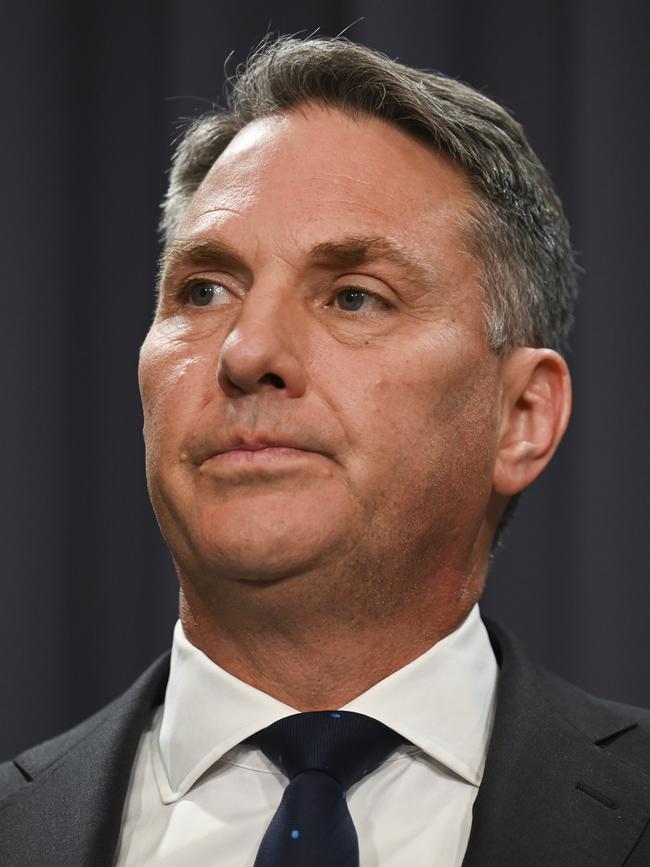
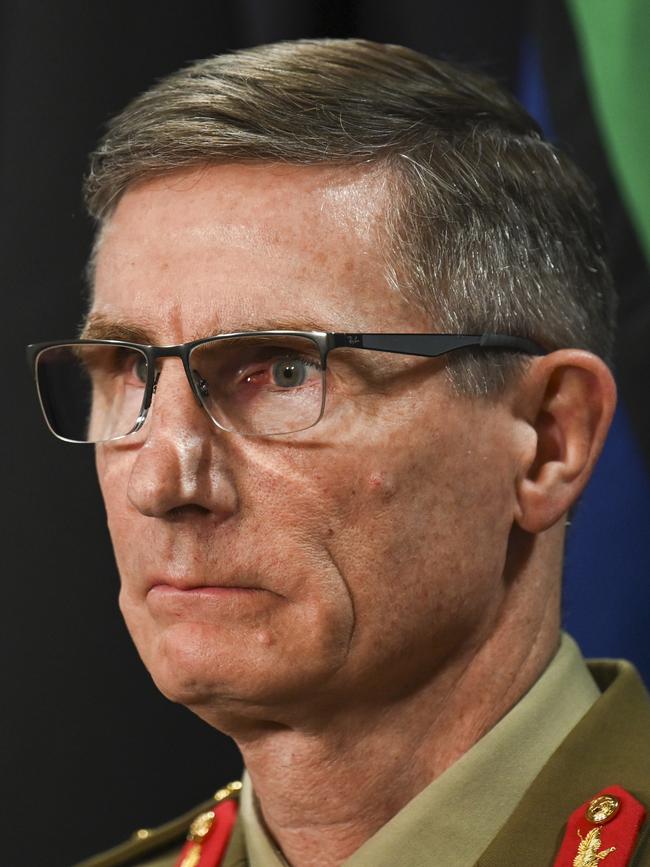
“It’s important that I and other senior leaders do have insights into areas where our system has failed people to make sure that we have the ability to act upon them,” Vice Admiral Johnston said during his evidence on Monday.
Much of Vice Admiral Johnston’s evidence centred on the implementation and oversight of the Army’s Military Justice System, which was previously overseen by the senior military leader as its appointed “accountable officer”.
Vice Admiral Johnston agreed that people exposed to the justice system could experience “psychosocial harm”, despite the military justice system’s steering group not having “ownership” of topics pertaining to mental health.
He went on to describe the justice system as a key pillar of the armed forces, including internally and to external and international partners, but said support to personnel was managed by commanders or at a unit-based level.
“The function of supporting our people is principally led by the commanders or the units they are in in managing all circumstances of welfare and mental health, of which the interaction with the military justice system is an element,” he said.
“So that responsibility to our commanders is clear to them and well articulated. It is important that the people directly involved in the management of the defence workforce have that lead responsibility, and that’s where it’s exercised through.

“I am concerned as a senior leader about awareness of some of the systemic issues and supporting mechanisms that are put in place, but the key way through which that is exercised is the command and unit environment in which our people work.”
During the hours-long evidence, counsel assisting Erin Longbottom canvassed a wide range of processes and procedure within defence with Vice Admiral Johnston, including what she described as the “breakdown of the committee system”.
For his part, Vice Admiral Johnston described to the inquest what he said were resource constraints within defence and defended “levels of assurance” within military justice intended to ensure processes and review procedures worked as intended.
The Commonwealth’s counsel in the commission came under fire during Monday’s session after counsel assisting Leonid Sheptooha said concerns about confidentiality of the Vice Admiral’s evidence were made after 5pm on Sunday.
Mr Sheptooha told the inquest the majority of the concerns had been addressed after staff worked past midnight the night before the first day of hearings in Sydney, sparking a rebuke from Commissioner James Douglas.
For its part, the Commonwealth noted the complexity of the confidentiality claims being pressed, which required consultation with a number of groups.
They added that they “were also working around the clock”.
The inquest is continuing.
Originally published as Senior Australian military, civilian leaders to front veteran suicide inquest

